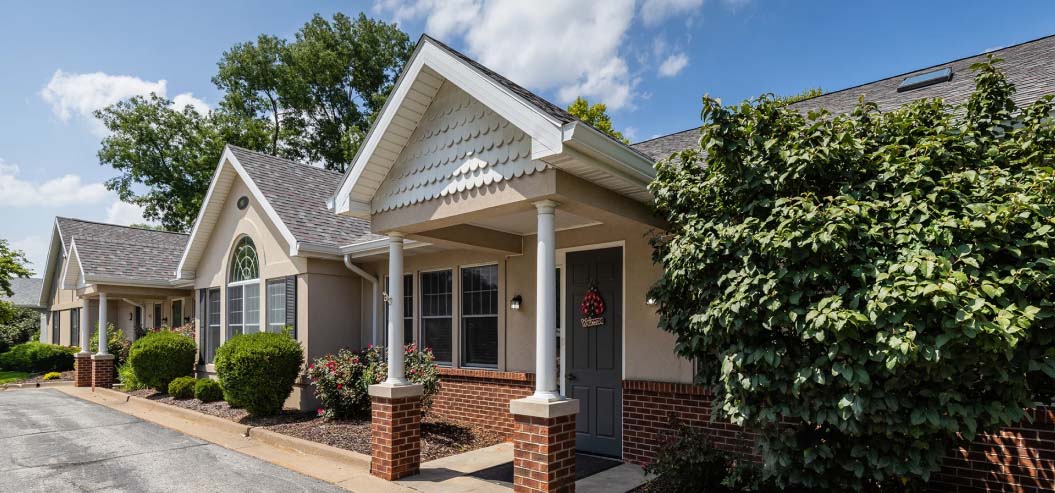We believe memory loss should never impact individuals’ quality of life. At Country Manor, our comprehensive programming is designed to enhance residents’ health and wellness, sense of purpose, and feelings of belonging. Our team is dedicated to filling our residents’ lives with joy each day. It’s part of our promise to them and to their loved ones.

Memory care is a specialized form of senior living care designed to meet the unique needs of individuals who are living with Alzheimer’s or dementia-related diseases or illnesses and conditions that affect cognition or memory. To stay healthy, active, and well, individuals living with these conditions require comprehensive care plans that should include:




Looking for job opportunities in greater Davenport where you can make a difference in the lives of others? At Country Manor, we offer rewarding senior living career paths. Apply today!
Have Questions, or Want to Arrange a Personal Tour?